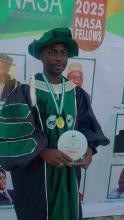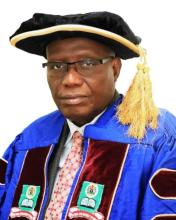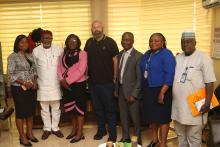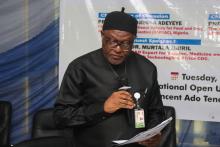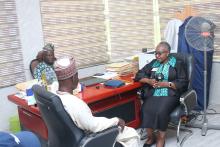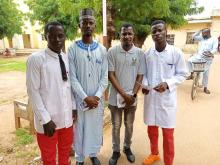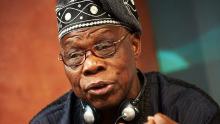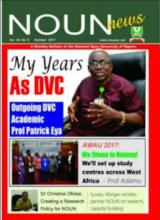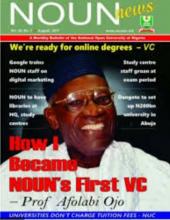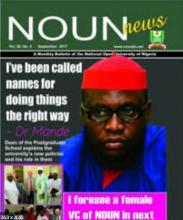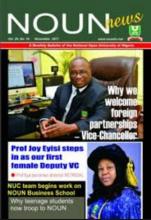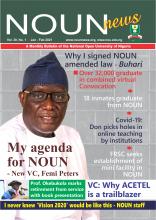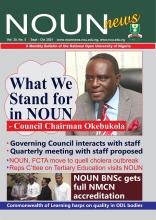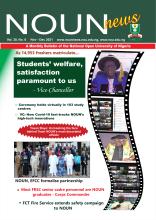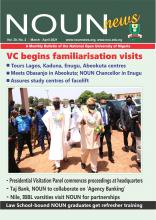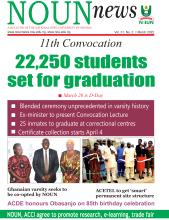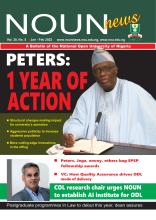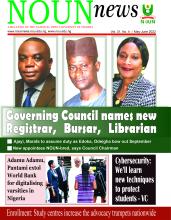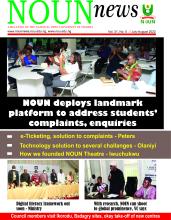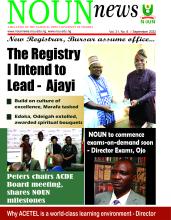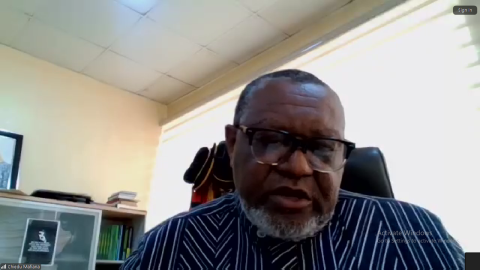
The National Open University of Nigeria (NOUN) has taken a strategic leap toward enhancing its global relevance and institutional partnerships with a sensitisation workshop organised by the Directorate of Advancement and Linkages (DA&L).
The event, which took place on Tuesday, May 6, 2025 brought together key stakeholders, academics, and international experts to explore sustainable strategies for advancement and collaboration in the university system.
Declaring the workshop open, NOUN Vice-Chancellor, Prof. Olufemi Peters, represented by the Deputy Vice Chancellor Academics, Prof. Chiedu Mafiana, emphasised the pivotal role the directorate plays in the university’s future.
He noted that the directorate was formerly embedded within the Directorate of Research, Administration, and Linkages, but was separated under the current administration to maximise its potentials.
“I once led a study tour of six universities in the United States with fourteen Nigerian Vice-Chancellors and the staggering amount of resources generated by advancement offices in those institutions made it clear that NOUN needed a dedicated and independent Directorate for Advancement and Linkages. Thankfully, the current Vice-Chancellor has made that a reality,” the representative of the VC said.
Mafiana underscored the need for system-wide understanding of the directorate’s role, emphasising that it must be adequately staffed and empowered to meet its vision.
“This assignment is enormous. It requires total commitment and the support of the entire university community,” he said, while extending appreciation to guest speakers at the workshop.
In her welcome address, the Director, Directorate of Advancement and Linkages, Prof. Ganiyat Adesina-Uthman, highlighted the directorate’s mandate to coordinate and manage the university’s linkages with other institutions, corporate organisations, philanthropists, and educational stakeholders both locally and internationally.
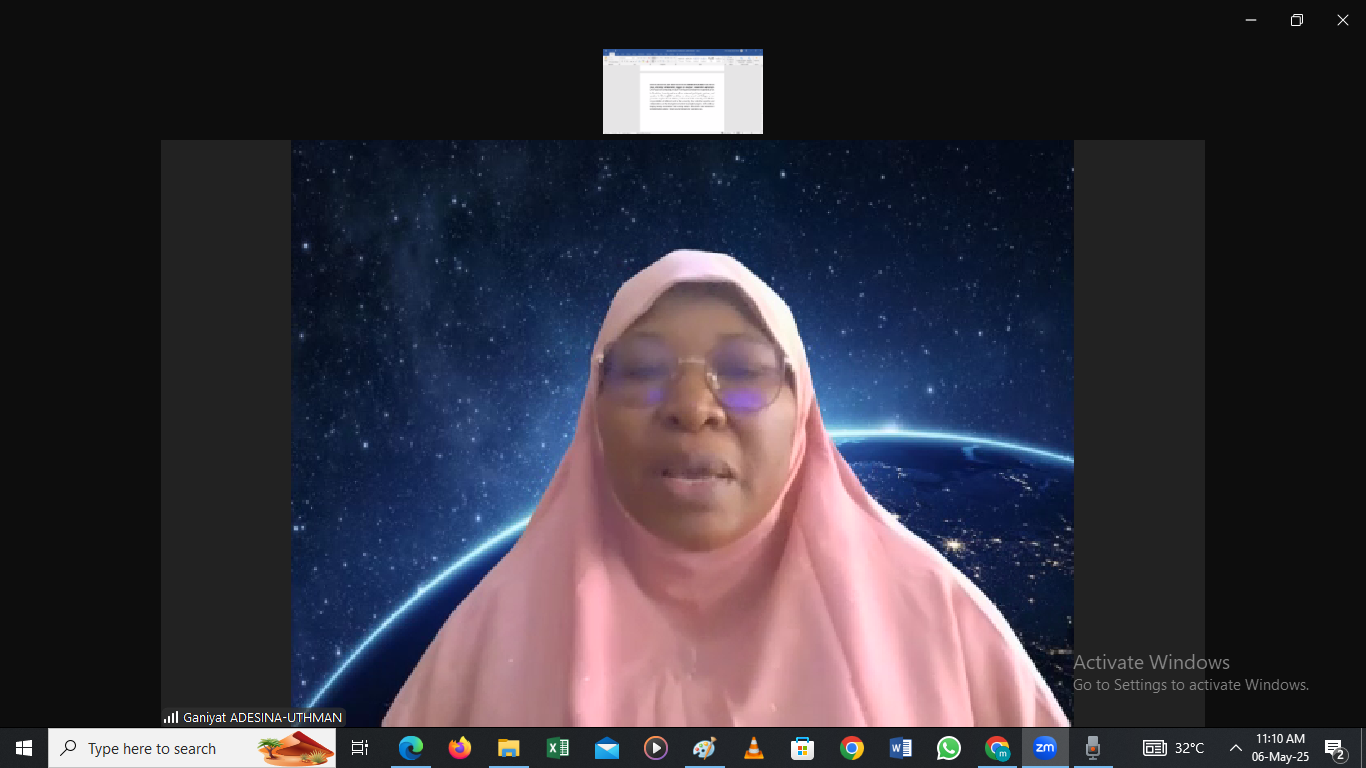
“We developed a Google Form to collect data on existing collaborations,” she said, adding that “we found that many Memoranda of Understanding (MoUs) had expired or were abandoned. This insight informed the need for this workshop—to realign and reinvigorate our institutional partnerships.”
According to the survey conducted by the directorate, only 11 faculties, departments and centres responded to requests for information on active MoUs.
However, the responses enabled the directorate to harvest several new and prospective collaborations, including partnerships with universities and institutions
She also mentioned ongoing proposals such as the Erasmus+ Cooperation Agreement with WSEI University in Poland and encouraged more faculties to respond to pending memos.
In a keynote address, Prof. Ibikunle Tijani, a professor of history and the Executive Director, Office of Global Partnership-Africa, Morgan State University, speaking on the topic “Linkages and Institutional Drivers,” emphasised the need for a diverse set of actors to drive institutional partnerships.
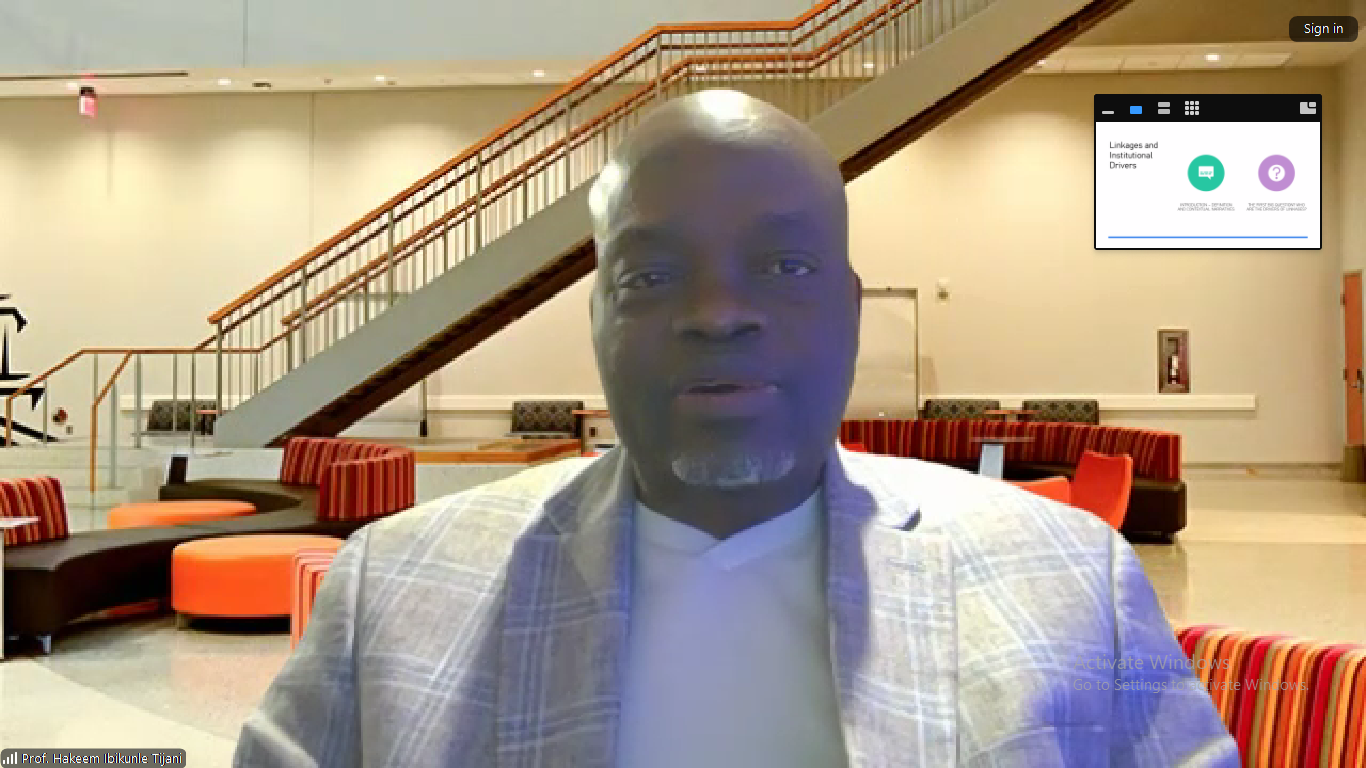
“Drivers include committed faculty, staff, students and alumni who are ready to give back. Even legal units and external stakeholders play essential roles in embedding linkages into the university’s mission. Preparation is the key—preparation drives partnership, innovation, and implementation,” he said.
Also speaking at the workshop, Prof. Kabiru Akinyemi, Director of Linkages, Partnerships and Collaboration, Lagos State University (LASU), in his lecture titled: “Advancement and Linkages in the University System for Sustainable Teaching and Research,” described advancement as a deliberate strategy to engage key external stakeholders.
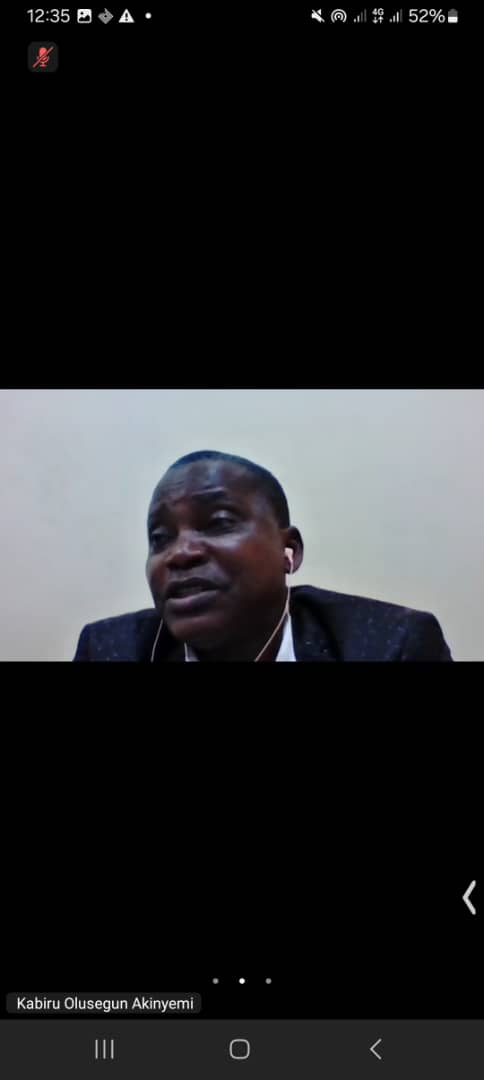
“This includes fundraising, alumni relations, external engagement, communications, and sometimes even government and community relations. It’s about enhancing the university’s reputation, resources, and impact.”
While highlighting LASU’s, achievements, Akinyemi pointed out significant collaborations with institutions such as the University of Pittsburgh (USA), World Bank, University of Georgia, Technical University of Freiburg (Germany), and Birmingham City University International Office (UK), among others.
According to him, these linkages have produced measurable impacts, including improvements in the quality of teaching and learning, enhanced research capacity through access to modern equipment, and better employability for LASU graduates, all contributing to improved institutional rankings.
The workshop drew participation from 133 attendees, including representatives from prominent institutions such as Maryam Abacha American University, Kano; Al-Hikmah University, Ilorin; University of Maiduguri, Borno and Lagos State University.
Also in attendance were officials from the Presidency's Diaspora Commission, the National Open University of Nigeria (NOUN) Alumni Association, the Directorate of Security, Peace and Transitional Studies (SPTS), and the Society for Peace Studies and Practice (SPSP) at the national level.
- Log in to post comments
- 154 views

